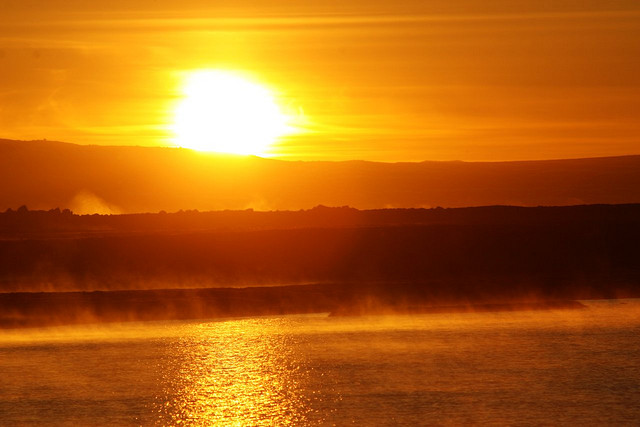Acceptance of global warming rises on warm days
Ars Technica » Scientific Method 2014-01-14

Last week, much of the United States experienced the coldest weather in two decades, as temperatures plummeted below freezing in many states. Many newscasters on conservative media outlets were using the record-breaking cold snap to deny the existence of global warming, making comments such as “All of this snow and still cries of global warming.” Similar claims appeared on social media.
We are experiencing the coldest weather in more than two decades-most people never remember anything like this. GLOBAL WARMING anyone?
— Donald J. Trump (@realDonaldTrump) January 6, 2014
This sort of media coverage happened before, during the so-called snowpocalypse of 2010 in Washington DC. But perhaps we shouldn’t judge them too harshly. Local weather and short-term temperature variations—even if today feels warmer or colder than usual—can influence an individual’s acceptance of climate change. This effect is known as local warming.
In a new study, people who perceived the day’s temperature as warmer than usual believed more strongly in global warming and were more concerned about it. Rather than relying on relevant information to form an opinion on climate change—such as global temperature trends—they instead substitute information that didn't take as much effort to obtain, such as today’s temperature. Because individuals are sensitive to information that should be irrelevant to their judgments regarding climate change, the researchers think that people reconsider their opinion each time they are asked about their belief in climate change.
Read 7 remaining paragraphs | Comments